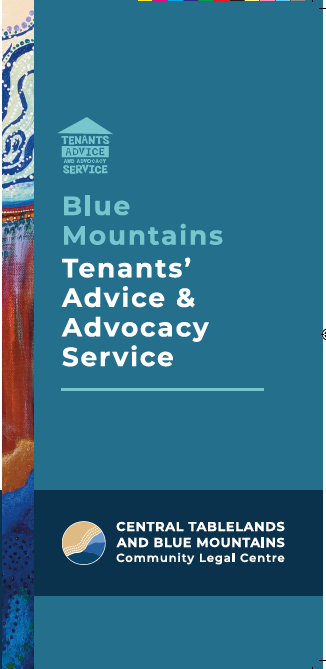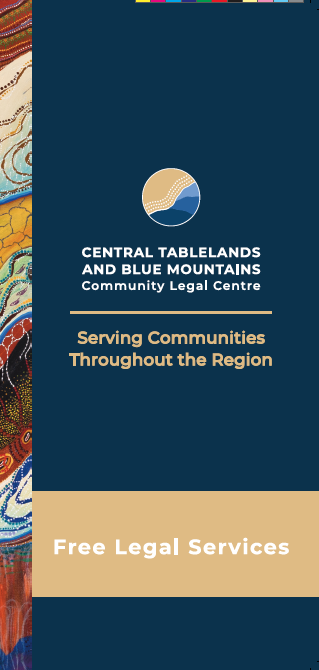Community Legal Centres NSW has a great website with lots of free self help resources - https://clcnsw.org.au/resources
LawAccess/Legal Aid also have a range of information available here - https://www.legalaid.nsw.gov.au/
Frequently asked questions
-
Are community legal centres and Legal Aid the same?
No, they are not the same. Community legal centres are independent, non-profit organisations that work closely with their local communities to provide a range of services. This includes legal information and advice, casework, community education, advocacy, and law reform.
Community legal centres are not part of government. We do not provide your information to government or police. We are bound by our professional obligations and community ethics to keep your information private.
Legal Aid NSW is a government legal service that helps with family law, criminal legal matters, and civil law matters (such as fines, tenancy and debt). Legal Aid NSW provides free legal advice as well as court representation, and grants of legal aid to pay for a Legal Aid lawyer or a private solicitor. At Legal Aid NSW, if someone needs more than initial advice on their matter, they need to apply for a grant of legal aid. Legal Aid NSW applies a means test when assessing grant applications. This includes looking at a person’s income, such as salary or government pensions, and any assets owned by the person. If you are successful with your grant application, a lawyer from Legal Aid NSW or a private lawyer paid for by Legal Aid will work on your matter.
-
You said you can't help me why not?
There may be a number of reasons why a community legal centre is unable to assist with a matter.
These can include:
- The centre does not deal with the legal issue.
- You may earn too much or have too many assets to qualify for assistance from the community legal centre.
- Community legal centres provide support to people in vulnerable situations, including people struggling with money, housing or experiencing hardship. When you speak to a community legal centre, they will ask a number of questions to ensure they are providing services to those in most need.
- Community legal centres are unable to meet all demands on their services due to funding constraints. If they are unable to assist, they may either refer you to another organisation or place you on a wait list.
- There could be a conflict of interest for the community legal centre in dealing with the matter; for example, the centre is advising, or has advised, the other party to the matter. Legal professional conduct rules state that a legal practice cannot advise both parties to a matter, other than in exceptional circumstances. Due to privacy, the centre is unable to provide information on the conflict of interest if it arises.
Please click to download our brochures and flyers.
Parenting Plans and Consent Orders: a downloadable workbook for separating parents that provides a guide to the issues that should be considered before attempting mediation or entering into a Parenting Plan or Consent Orders. (June 2018)



